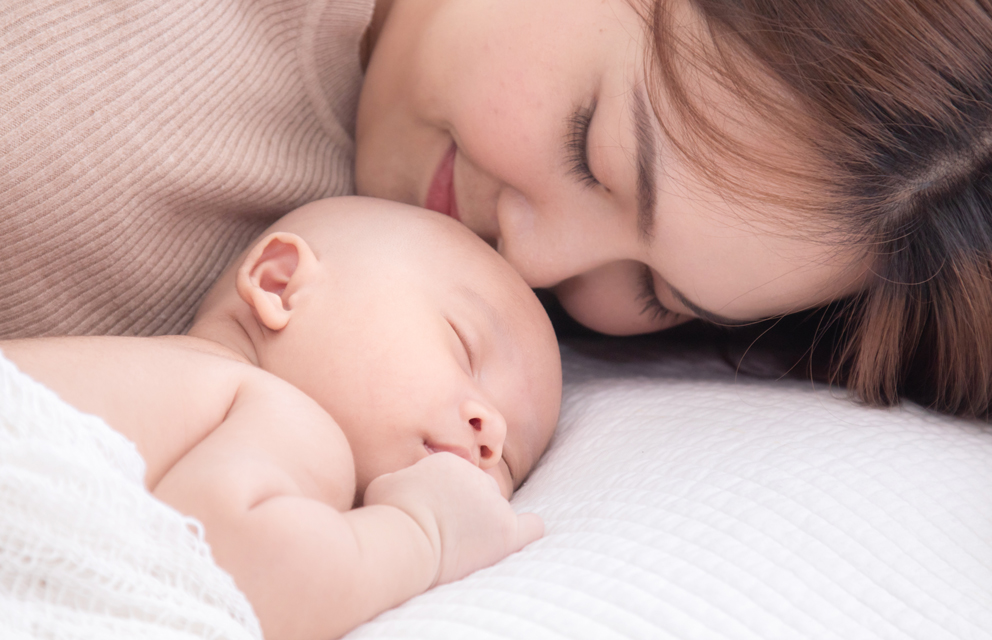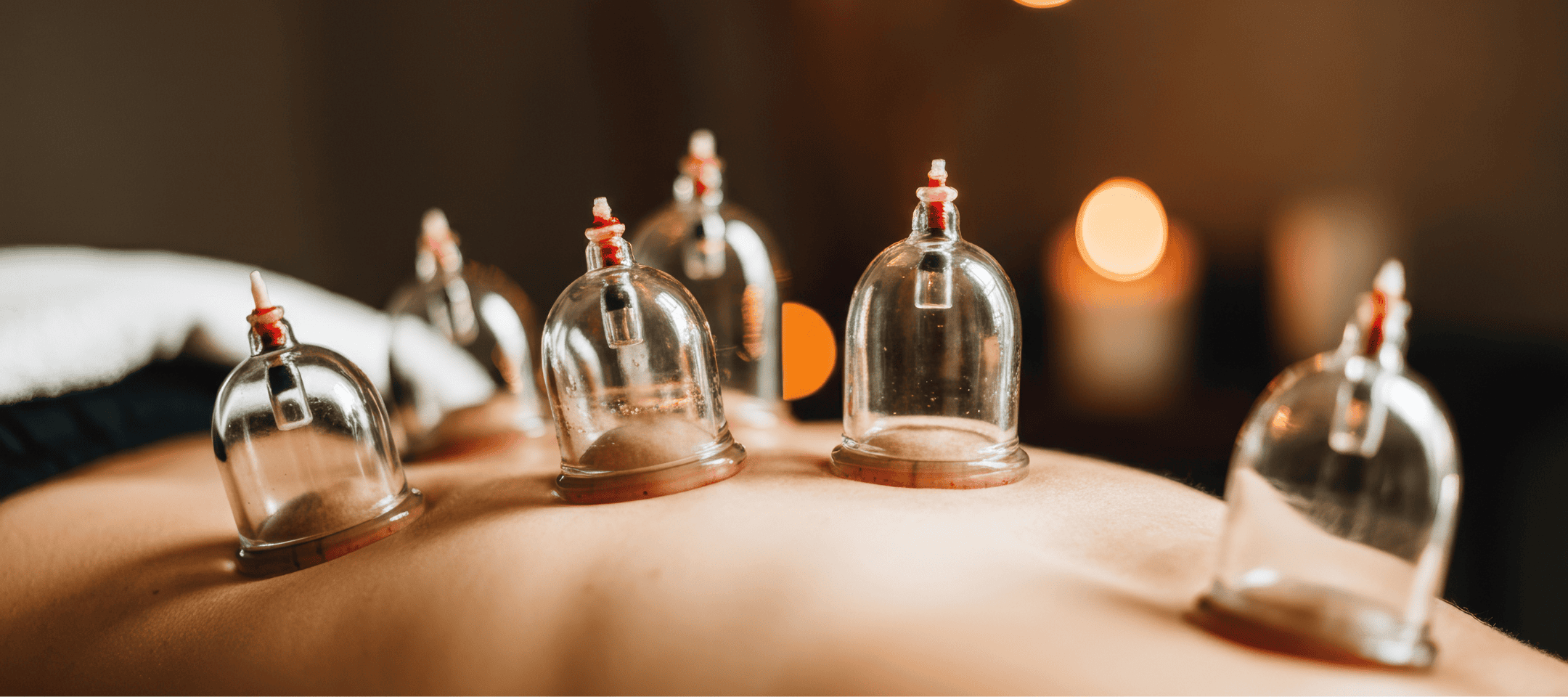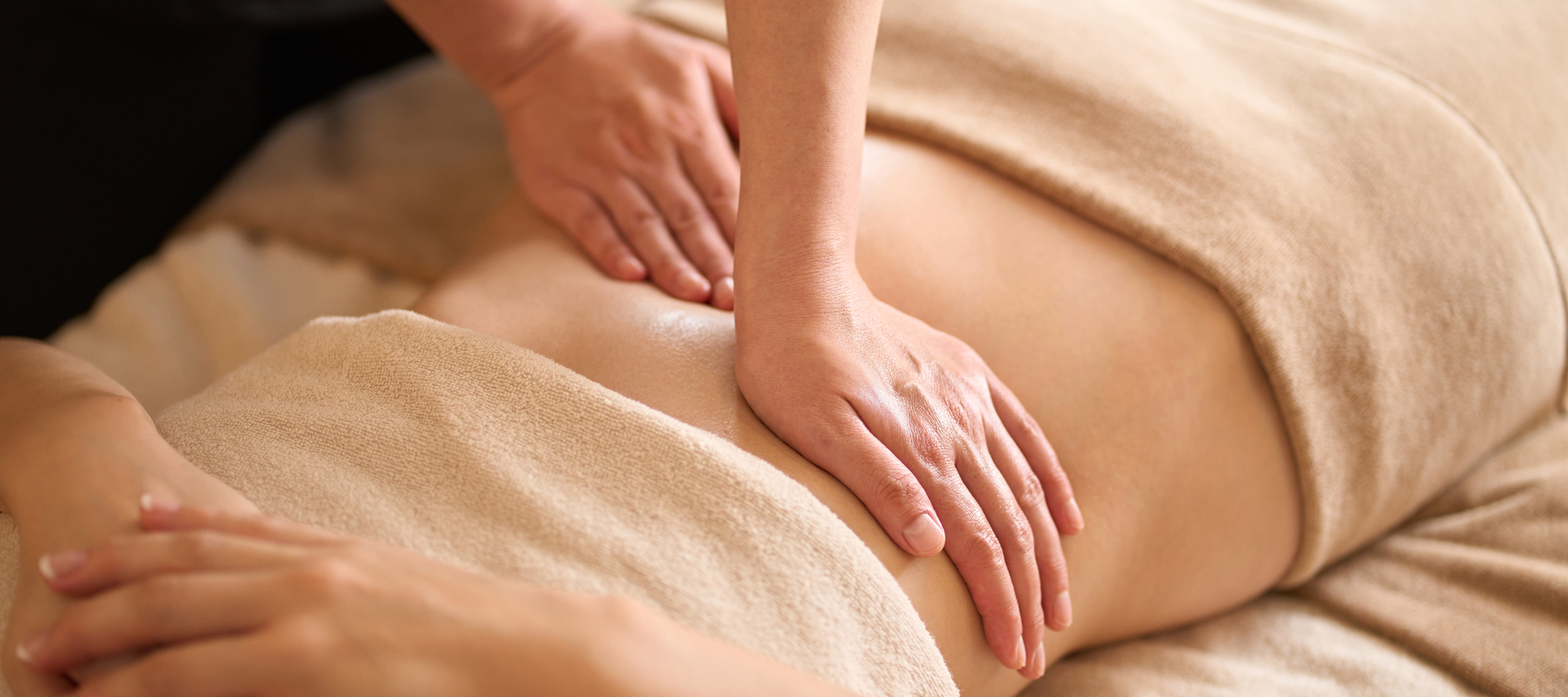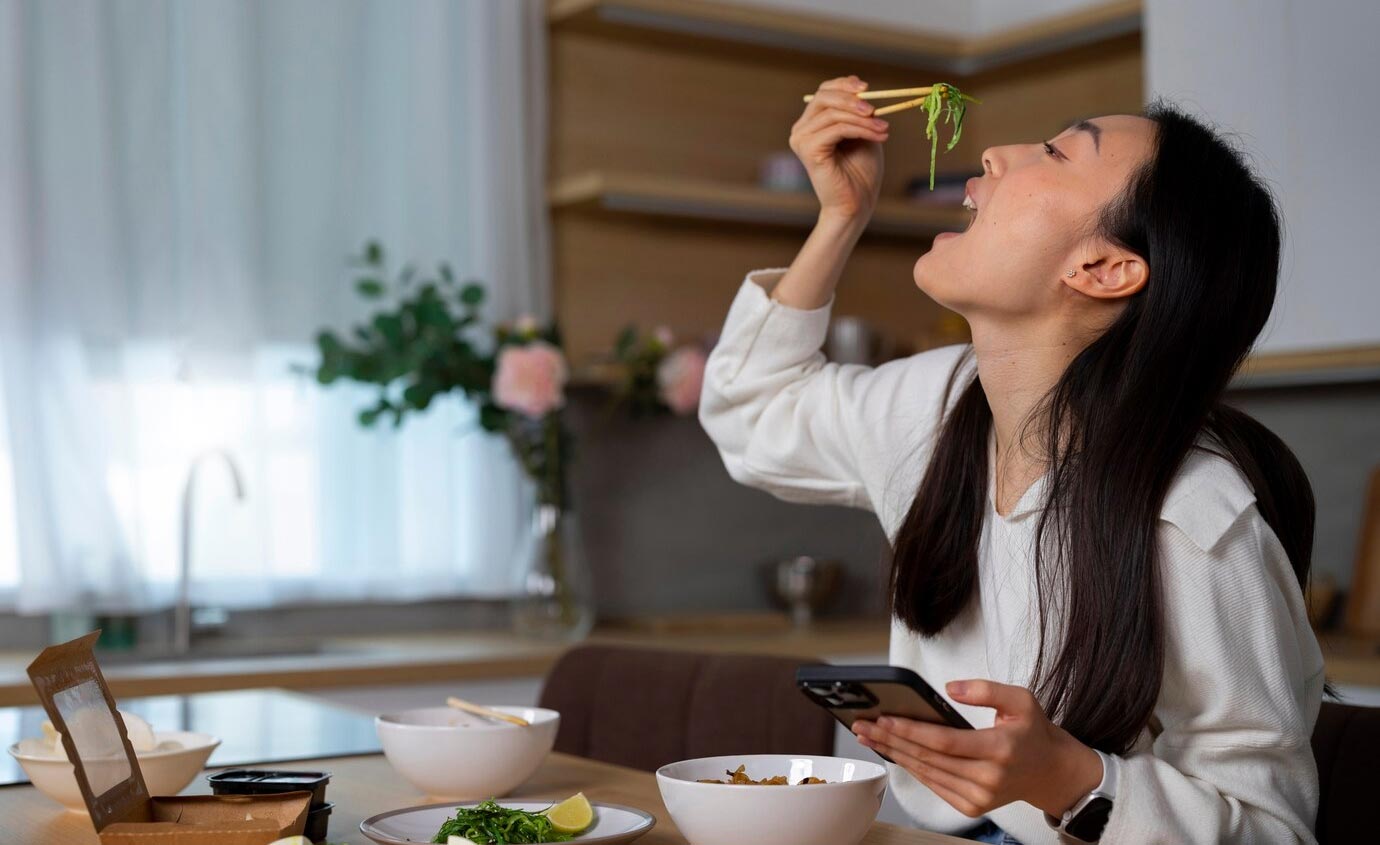Confinement herbs have been used for generations to support mothers during their postpartum recovery, a practice deeply rooted in Traditional Chinese Medicine (TCM). While these herbs can be beneficial, they also carry serious risks if misused, especially when bought off the shelf without professional guidance.
In this article, we’ll uncover the hidden dangers, highlight a real-life case study, and recommend how you can use confinement herbs safely to protect both your health and your baby’s.
Quick Takeaways:
- Using the right herb at the wrong time can worsen postpartum conditions like bleeding, inflammation, or hinder recovery.
- Drug interactions (medication) with confinement herbs can be dangerous if taken together
- Herb quality and correct dosage are crucial for safety and effectiveness
- Always consult a TCM practitioner for safe, personalised postpartum care
6 Hidden Risks Of Confinement Herbs
1. Herbal Contraindications: Timing and Condition Matter
Using the right herb at the wrong time can worsen postpartum conditions rather than aid recovery. For example:
- Dong Quai (当归): This herb nourishes blood and improves circulation, but it can worsen bleeding if used when lochia is still heavy.
- Ginseng (人参): Known for boosting energy, Ginseng may be too stimulating immediately after childbirth, potentially interfering with natural recovery.
In a real life example, Ms. Lin’s postpartum journey with confinement herbs showed how timing makes the difference. She consumed Sheng Hua Tang, a formula containing strong blood-moving herbs, too soon after her C-section which triggered heavy bleeding.
Takeaway: Always ensure that the herbs you use are appropriate for your specific postpartum condition and recovery stage. Consulting a TCM practitioner is essential to avoid complications.
2. Drug Interactions: The Danger of Mixing Medications and Herbs
Certain confinement herbs can interact with medications, leading to serious health risks. For example:
- Chuan Xiong (川芎): Common in Sheng Hua Tang, this herb can dangerously increase bleeding risk if taken with blood-thinning medications like Warfarin or Aspirin.
- Ginger (姜, Sheng Jiang): A staple in confinement diets, Ginger can enhance the effects of anticoagulants, leading to a heightened risk of haemorrhage (heavy bleeding).
Takeaway: Before using any herbs, consult a healthcare professional to ensure they don’t interact negatively with your medications.
3. Incorrect Dosage: Finding the Right Balance
Dosage is critical when using confinement herbs. Too little may be ineffective, while too much can be harmful. For example:
- Huang Qi (黄芪, Astragalus): Excessive doses can lead to symptoms like hypertension, restlessness, and insomnia, which can hinder postpartum recovery.
- Shu Di Huang (熟地黄, Rehmannia Root): Overuse can cause digestive issues like bloating and diarrhoea, which may further deplete a new mother’s strength.
Takeaway: Stick to the recommended dosage provided by a qualified TCM practitioner to ensure the safety and effectiveness of the herbs for your body constitution and stage of recovery.
4. Contamination Risks: The Hidden Dangers
Not all herbs are created equal. Poor-quality herbs can be tainted with harmful substances. Contaminants like pesticides, heavy metals, and sulphur can turn a beneficial herb into a health hazard. For example:
- Pesticides: Exposure can cause nausea, dizziness, and headaches, with long-term risks including cancer and neurological damage.
- Heavy Metals: Chronic exposure can lead to cardiovascular diseases and immune system impairment.
- Sulphur: Used for preservation, sulphur can trigger respiratory problems and allergic reactions.
Takeaway: Choose herbs from trusted, reputable suppliers that test for pesticides, sulphur, and heavy metals. At Lao Niang TCM, we only use herbs sourced from Taiwan that undergo authentic, strict quality process to ensure safe and maximum medicinal value.
5. Quality Variability: Effectiveness and Safety
Two bags of confinement herbs may look the same, but their potency can differ drastically, depending on their quality. Poorly sourced or adulterated herbs may make the herbs too weak to help or may contain harmful substances.
Takeaway: Choose high-quality herbs from trusted sources to ensure they provide the therapeutic benefits you need. Always confirm the origin of the herbs and look for certifications or endorsements from credible TCM institutions.
6. Effects on Breastfeeding: Protecting Your Baby
Safe for mum doesn’t always mean safe for baby. The herbs you consume while breastfeeding can pass through your milk to your baby. Some herbs may be too strong for an infant, leading to potential toxicity or allergic reactions.
Takeaway: Use herbs with caution while breastfeeding. Consult with a healthcare professional to ensure they are safe for your baby. Many herbs that are safe for postpartum recovery may still need to be avoided during breastfeeding.
How to Safely Use Confinement Herbs
While the risks are real, confinement herbs can be beneficial to support your recovery and long-term wellness when prescribed properly. Here’s are 5 practical tips when using confinement herbs:
Consult with Qualified TCM Practitioners: Always seek professional advice to ensure the herbs you are using are safe for your postpartum condition. No two recoveries are the same. TCM treatments should be individualised to meet your specific needs.
Understand Herbal Contraindications: Know which herbs are suitable for each stage of your postpartum journey. Some herbs may be ideal for later recovery phases but can be harmful if used too soon.
Use the Correct Dosage: Stick to the recommended dosages provided by your practitioner. Overuse of certain herbs, even those considered safe, can lead to unintended side effects.
Ensure Quality and Purity: Purchase your herbs from reputable sources. Organic and pesticide-free herbs are preferable, and always avoid herbs preserved with chemicals like sulphur.
Monitor Drug Interactions: If you are taking any prescription medications, consult with both your TCM practitioner and your doctor to avoid harmful interactions.
Safe Recovery with the Right Guidance
Confinement herbs can restore strength, balance hormones, and support full postpartum recovery — but only when used safely, at the right time, and in the right dosage under the guidance of qualified TCM practitioner.
At Lao Niang TCM Clinic, we believe recovery begins with knowledge. By sharing real stories and practical insights, we help mothers make safe, informed choices with confidence.
But knowledge alone isn’t enough, trust is built through care that you can see and feel. That’s why we use high-quality herbs from Taiwan, rigorous tested for heavy metals and pesticides to ensure safety, purity and efficacy. Our confinement herbal packages are carefully formulated by experienced TCM physicians to support mothers throughout their recovery.
For those with special needs, we offer personalised treatment plans to ensure the best possible recovery for both mother and baby. Begin your healing journey with Lao Niang TCM — where tradition meets safe, modern care.








